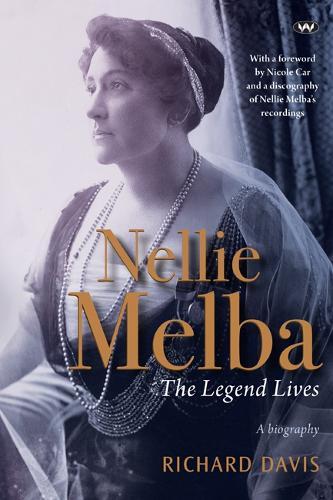2018 Melbourne International Jazz Festival
One of the key issues addressed by the twenty-first Melbourne International Jazz Festival (MIJF) is the role of women in jazz. In the wake of the #MeToo movement, there has been much debate around gender equality in jazz, including inevitable references to jazz as a ‘boys’ club’. While there has never been a shortage, historically, of renowned female singers, it is sadly the case that most of us would be left scrambling if asked to put together a comparable list of influential and high-profile female saxophonists, trumpeters, or drummers. Australia, to its credit, has been ahead of the curve with a long-standing annual Women’s International Jazz Festival, to which we can add an increasing number of women musicians, composers and bandleaders making waves in the local jazz scene: Sandy Evans, Andrea Keller, Shannon Barnett, Linda Oh, Tamara Murphy, Angela Davis, Nat Bartsch, Zoe Hauptmann, Fiona Burnett, Belinda Moody, and others.
While this year’s 2018 MIJF hosted several award-winning female singers, such as Madeleine Peyroux and Gretchen Parlato, it also scheduled a number of high-profile musicians, including American drummer and composer Terri-Lyne Carrington, and young London saxophonist Nubya Garcia, both of whom proved to be highlights of the Festival. Carrington brought along her new project Social Science, a sextet whose politically motivated music addresses issues of freedom, racism, and sexism. Featuring singer Débo Ray and rapper Kassa Overall, the ensemble’s heavy blend of jazz and funk worked like a slow-burn fuse, with pieces building incrementally in intensity over thirty to forty minutes duration. Carrington, seated front and centre, anchored and drove the music, steering the band through what was, amazingly, only its sixth public performance. Pianist Aaron Parks, a bandleader in his own right with several albums on the ECM label, gaved an abstract quality to proceedings, while his compatriot Morgan Guerin alternated between bass and sax, broadening the musical palette. With its use of turntables and electronics, found recordings, vocals, hip hop, and deep funk, Carrington’s music is at the vanguard of a particular strain of jazz, socially conscious and profoundly engaged with our world.
Continue reading for only $10 per month. Subscribe and gain full access to Australian Book Review. Already a subscriber? Sign in. If you need assistance, feel free to contact us.















Leave a comment
If you are an ABR subscriber, you will need to sign in to post a comment.
If you have forgotten your sign in details, or if you receive an error message when trying to submit your comment, please email your comment (and the name of the article to which it relates) to ABR Comments. We will review your comment and, subject to approval, we will post it under your name.
Please note that all comments must be approved by ABR and comply with our Terms & Conditions.